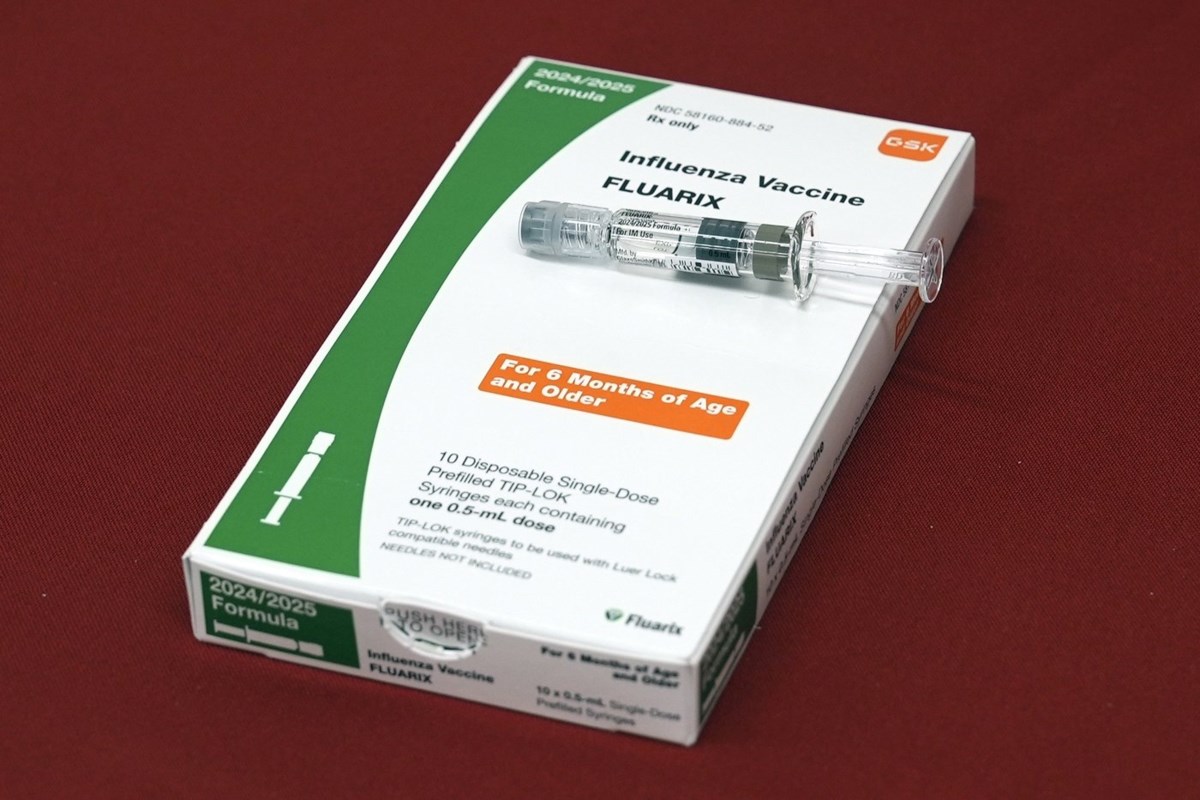Flu Season Intensifies Across the United States
The holiday season brought an unwelcome guest to many American homes: the flu. Forty states reported substantially elevated illness levels last week, according to the latest data from government health agencies. This widespread increase in flu activity has healthcare providers bracing for a potentially challenging winter.
“A lot of flu out there,” confirmed Carrie Reed of the Centers for Disease Control and Prevention (CDC).
While several viruses cause flu-like symptoms—including COVID-19 and RSV (respiratory syncytial virus)—the CDCS hospitalization data and other indicators point to influenza as the primary culprit this season. Multiple flu strains are circulating, with no single dominant variant, Reed noted.
Pediatric hospitals, already busy with RSV cases since November, are now facing a double whammy.”Influenza has now joined the party,” observed Dr. Jason Newland, an infectious disease specialist at Nationwide Children’s Hospital in Columbus, Ohio.He added,”Now we’re really starting to roll. Our hospitals are busy.”
Flu Hotspots across the Nation
One key indicator of flu activity is the percentage of doctor’s office visits attributed to flu-like illnesses. Last week’s figures mirrored the peak of last winter’s respiratory virus season, occurring at a similar time of year. Reed acknowledged that holiday travel and reduced medical appointments might slightly skew the data, as individuals may delay seeking care.
The South, Southwest, and West experienced the most intense flu activity. Conversely, states in the northern Great Plains and New England reported comparatively lower levels of illness.
The CDC estimates that this season has already resulted in at least 5.3 million flu illnesses, 63,000 hospitalizations, and 2,700 deaths, including at least 11 children. While the severity of this season remains uncertain, Newland suggests that, at least for children, the situation appears relatively typical so far.
Protecting Yourself This Flu Season
Health officials strongly recommend annual flu vaccinations for everyone six months and older. It’s not too late to get your shot,they emphasize.Simple preventative measures, such as avoiding touching your face, frequent handwashing, cleaning frequently touched surfaces, and avoiding close contact with sick individuals, can also significantly reduce your risk.
Staying informed about the latest health advisories and taking proactive steps to protect yourself and your family is crucial during this period of heightened flu activity.
CDC Tracking Multiple Viruses Across the US
The Centers for Disease Control and Prevention (CDC) is actively monitoring several viruses circulating in the United States, including influenza, norovirus, and avian influenza (H5N1 bird flu). While the overall risk to the public remains low for most, health officials are urging vigilance and providing updates on the situation.
Influenza activity is currently under observation. While specific numbers weren’t released, the CDC is closely tracking the spread of the virus across the country. The agency recommends vaccination as the best defense against the flu.
Another concern is the rise in norovirus outbreaks. Early December saw a notable increase, with 91 outbreaks reported. Norovirus, a highly contagious virus, causes severe vomiting and diarrhea. The CDC advises practicing good hygiene to prevent its spread.
Regarding avian influenza, the CDC reports 66 human cases in the U.S. last year. Though, no new cases have been reported recently. According to a CDC spokesperson, “The cases are ‘fairly sporadic’ and the overall risk to the public remains low.” Almost all cases have been linked to direct contact with infected animals, with no evidence of human-to-human transmission.

The CDC continues to emphasize the importance of preventative measures, such as frequent handwashing and vaccination where applicable, to minimize the spread of these viruses. Regular updates and further information are available on the CDC website.
The associated Press Health and Science Department receives support from the Howard Hughes Medical Institute’s Science and Educational Media Group. The AP is solely responsible for all content.
By Mike Stobbe, The Associated Press
